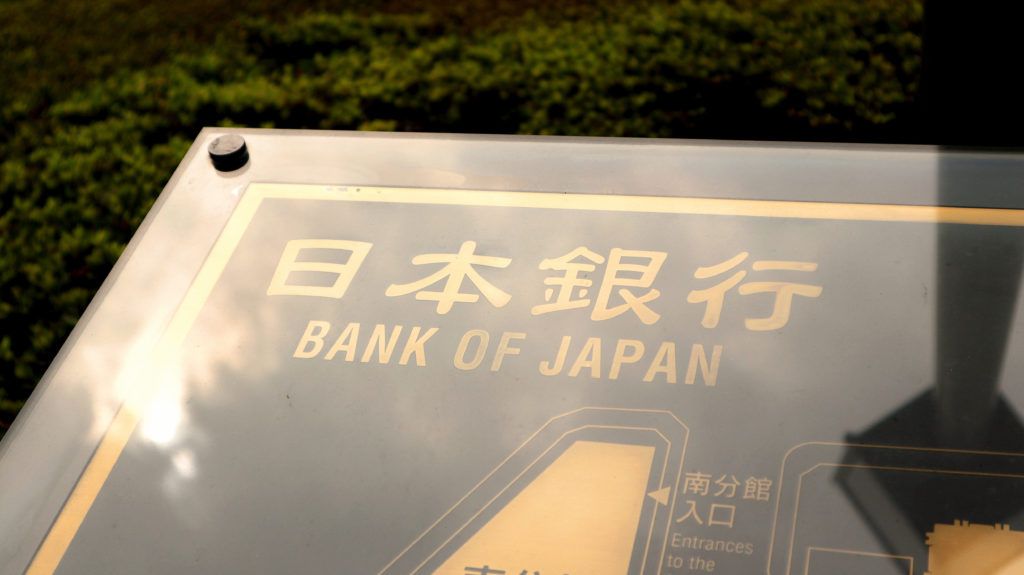2020-7-4 20:43 |
The race to launch a sovereign digital currency is heating up as Japan became the latest country to venture into a central bank digital currency (CBDC). In a report released by the Bank of Japan (BoJ) on Friday, July 3, 2020, the bank will start experimenting with a digital yen to check the technical feasibility of adopting a CBDC in the country.
The report, titled “Technical Hurdles for a CBDC,” will look into the launch of a digital Yen from a technical perspective with several central banks participating in the research. This marks the first time the central bank is speaking on a digital yen following in the footsteps of the People’s Bank of China (PBoC).
The latter central bank announced the plans to launch a CBDC back in 2017 and has quietly been developing its digital yuan. Reports to BEG late last month from the Vice-Chair of the Digital Yuan committee confirmed that the back end of the Digital Currency Electronic Payment project is complete with testing in some of the provinces already launched.
Japan aims at similar progress in its project, but the statement mentioned two significant challenges the digital yuan faces before development commences.
The first hurdle the CBDC faces is universal access, which means that everyone in Japan should be able to use the digital yuan whether you have access to a smartphone or not. The second is the resilience of the CBDC, which means that the stablecoin should be available at all times whether there’s an emergency, ‘earthquake’ – no lag should be in the system at any time too.
A question of governance?The question that most central banks have to deal with is the overall governance of the CBDC. Both the decentralized systems and centralized systems have their pros and cons, hence the dilemma facing the Bank of Japan.
In the decentralized system, robustness in security is enhanced, and network failure minimized (eliminated) given the distributed nodes. However, these systems tend to be slower than centralized systems that have large capacities and faster transaction speeds. The report reads,
“In the case of massive transactions for retail use cases in advanced countries, it is better to adopt the centralized type. […] In the case where the amount of transaction is limited, and resilience and future possibility are prioritized, there is room to consider the decentralized type.”
Japan’s private sector is also trying its hand in the digital finance world. In June, we reported top banks in Japan including Mizuho Financial Group, Sumitomo Mitsui Financial Group and Mitsubishi UFJ Financial Group (MUFG) joined other industry leaders to study the prospects of developing a digital payments system. The “study group” examines and solves challenges concerning digital currencies and digital settlement infrastructure.
origin »Bitcoin price in Telegram @btc_price_every_hour
Time New Bank (TNB) на Currencies.ru
|
|














